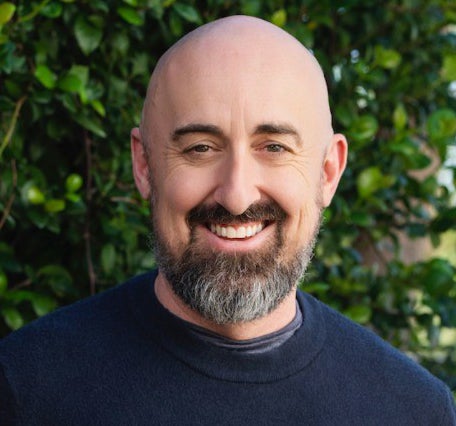D L. RYAN COS., Westport, CT, has established a beachhead in Canada. Its new office, headed by Amey Harding in Toronto, will likely become full service in the next 12 to 24 months.
Why Canada, when all the other agencies would rather expand into Europe, Asia, Latin America or the Pacific Rim?
“We go where our clients need us,” says Paul Kramer of the Ryan Partnership in the United States.
In this case the client, Mattel, needed its agency to help market such products as Hot Wheels to Canadians. Ryan selected Toronto for its wholly owned Canadian subsidiary Ryan Partnership Canada because, Kramer claims, “the majority of commerce in Canada is out of Ontario.”
Following the client is also how Kramer expects Ryan to continue what he calls its “Pan-American” expansion. Mexico is next, he says.
Laws and Language Canada, however, is a good first step for the American agency to try the international marketing scene. The language barrier is not as great as it would be in Mexico, Kramer points out.
Not that Ryan isn’t mindful of cultural and linguistic differences created by a substantial French-speaking minority. Ryan’s Canadian office is staffed by Canadian nationals who have experience dealing with the issues of the Canadian market, from language to legislation.
Ryan Direct president John Kuendig reviewed many of those issues with the Canadian Marketing Association.
“The legalities are more strict than in the United States,” Kuendig says. “It makes the opportunity a little more challenging.”
If Ryan seems oddly slow in setting up its foreign office, it may be because it is one of the larger remaining privately owned agencies in the United States.
Unlike large agencies held by larger companies, Ryan has to build each office from scratch.
“We even have to buy the staples,” Kramer deadpans.
While Ryan may be sourcing office supplies in the Great White North, it won’t be prospecting for clients. Since it began 15 years ago, the agency has favored building business through personal contacts and good service rather than via a department of new business development.
With over $90 million in annual billings, 250 employees, offices in Atlanta, Chicago, Dallas, Los Angeles and Minneapolis as well as Toronto and Westport, and such clients as Unilever, Timberland, Kraft, TCI, Bristol-Myers Squibb, Norelco, Pillsbury and Warner Bros., who would suggest Ryan tamper with success?



